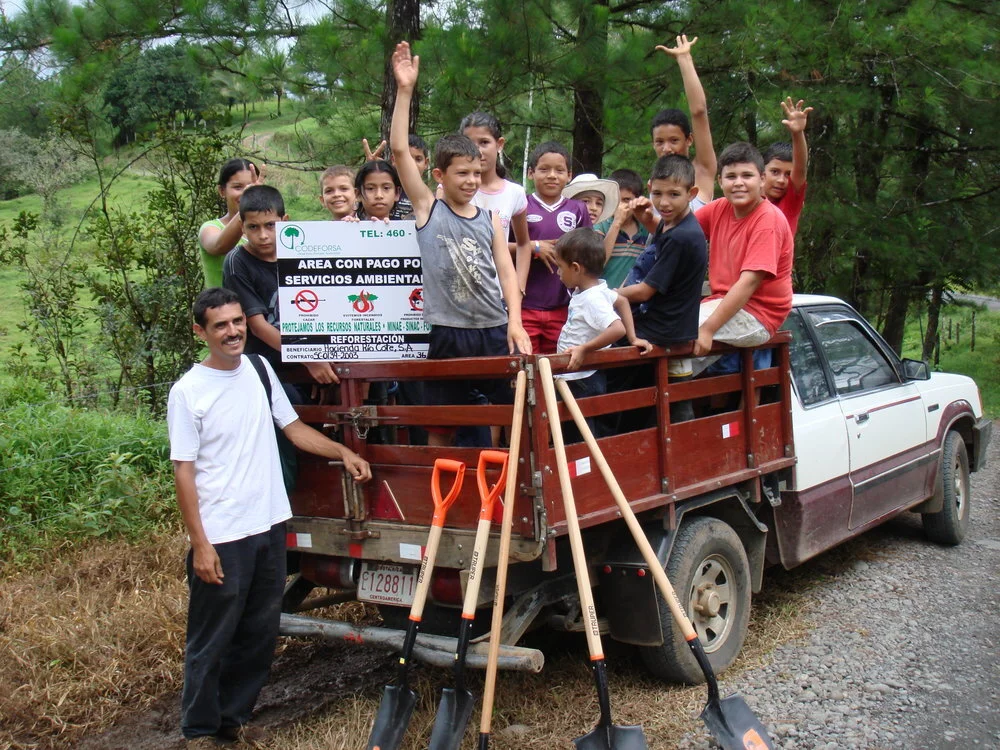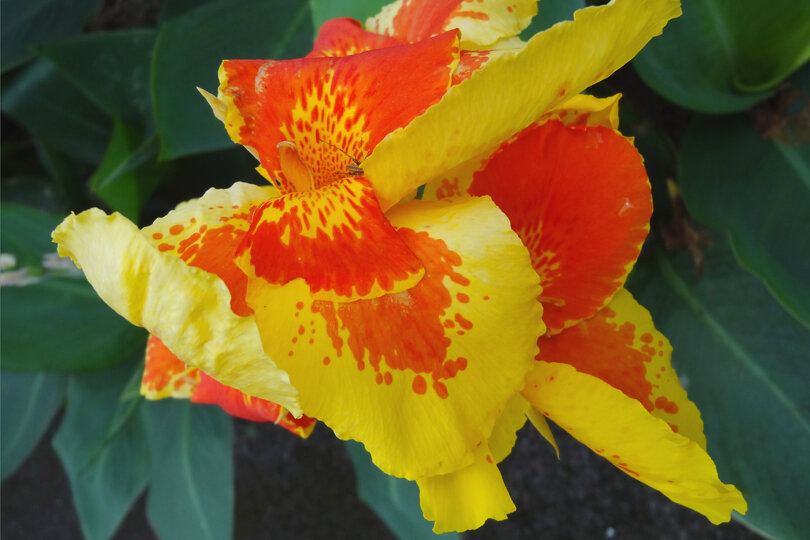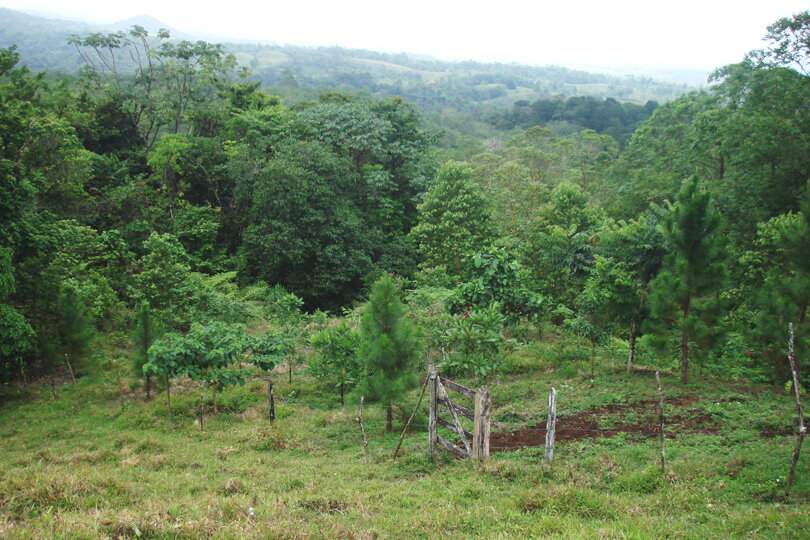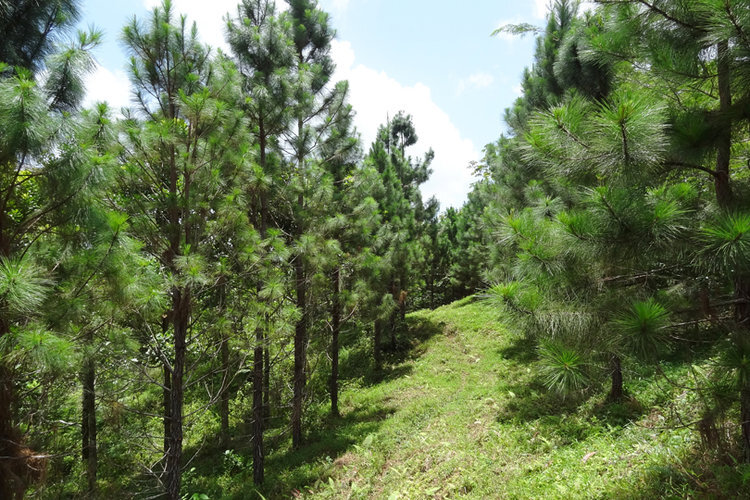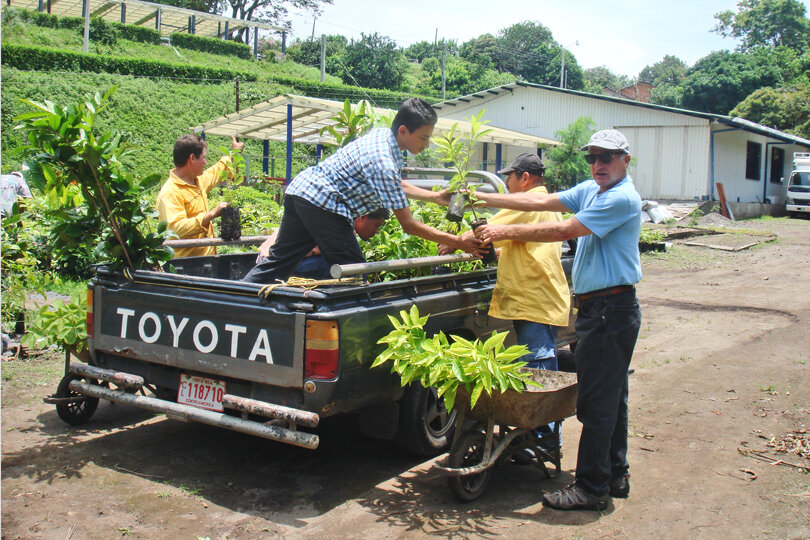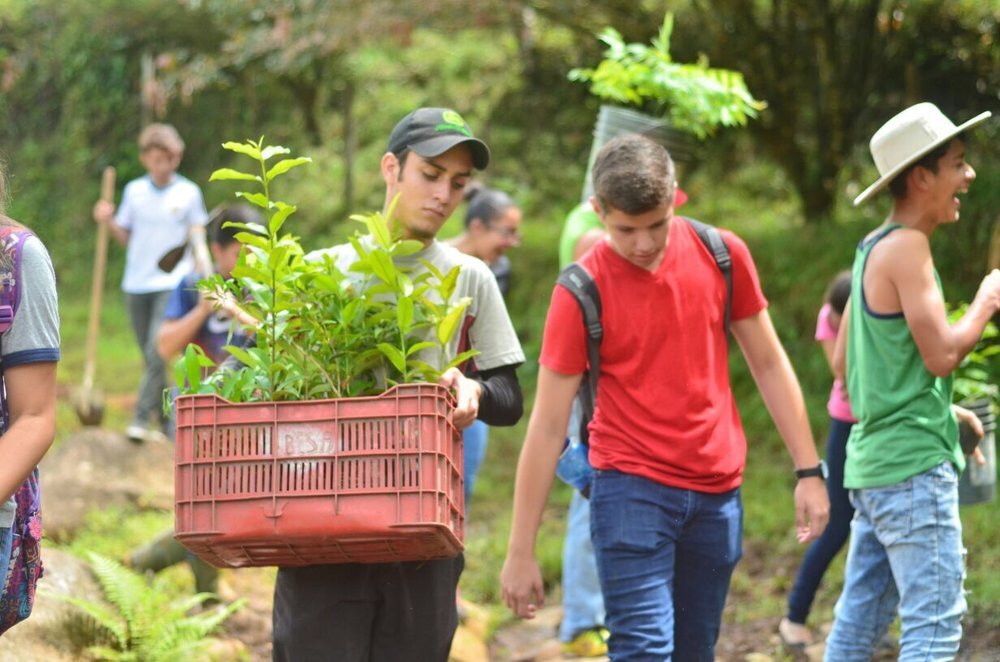By Vatsala Sperling, Ph.D., D.Hom.
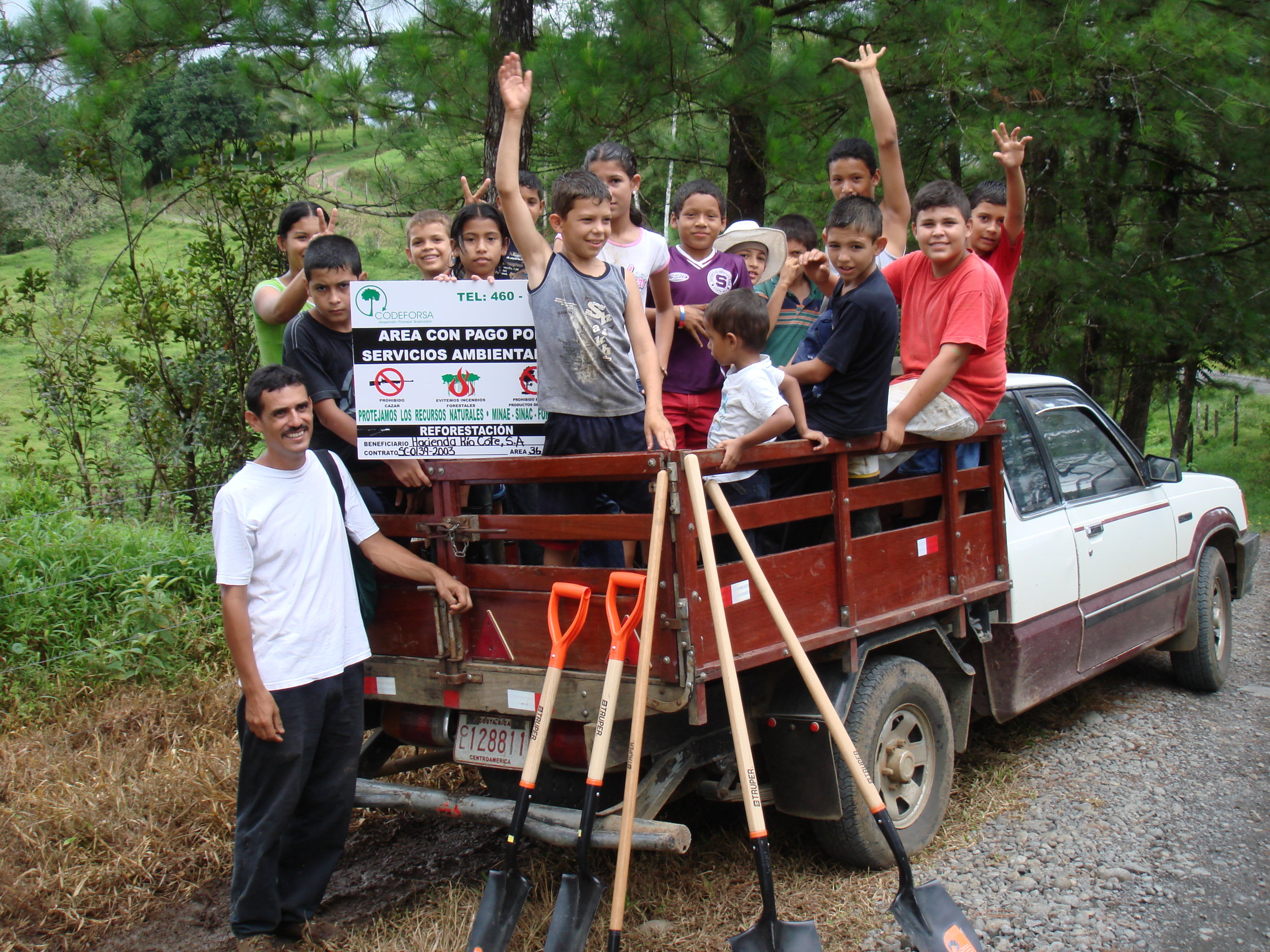
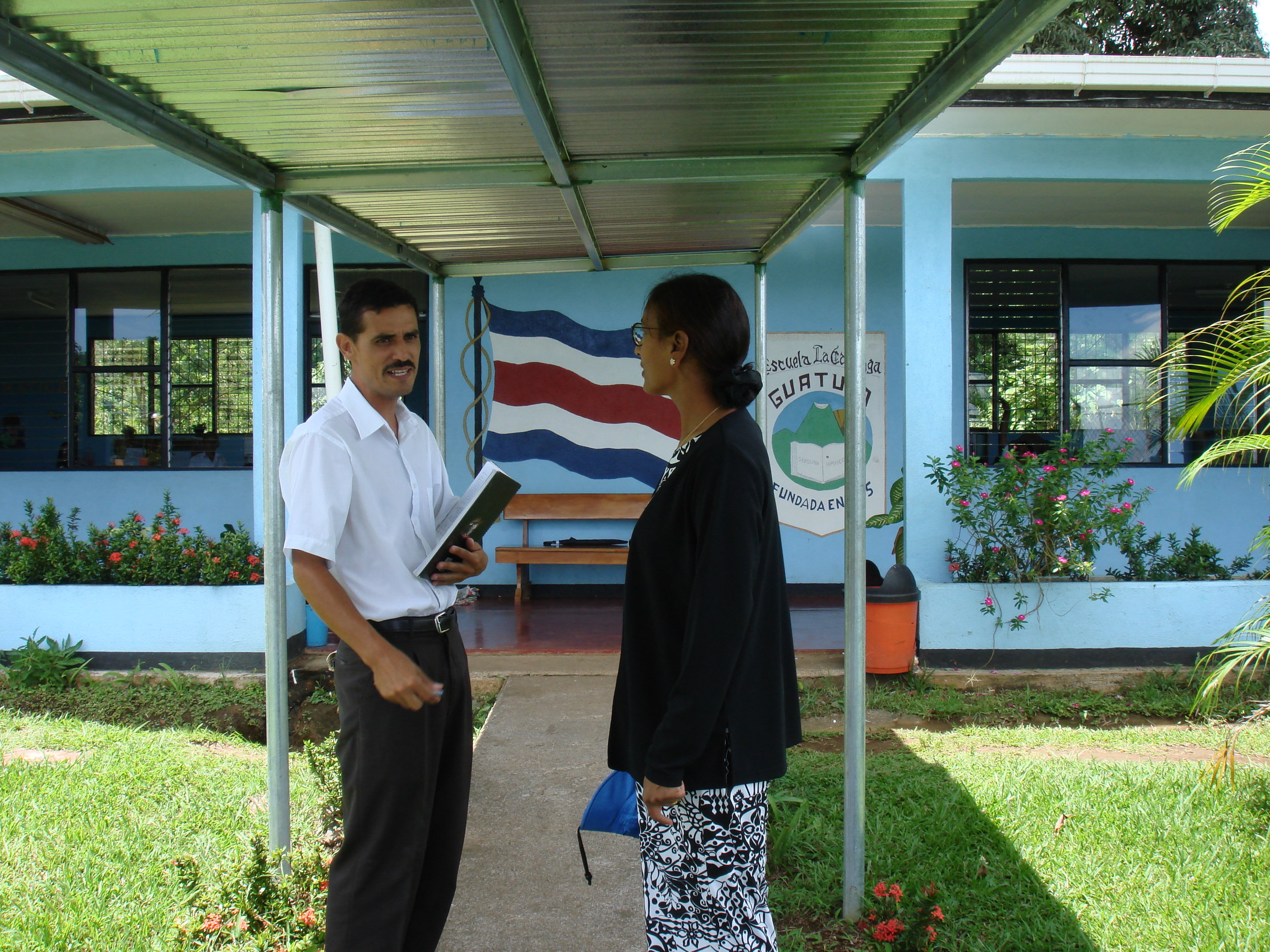
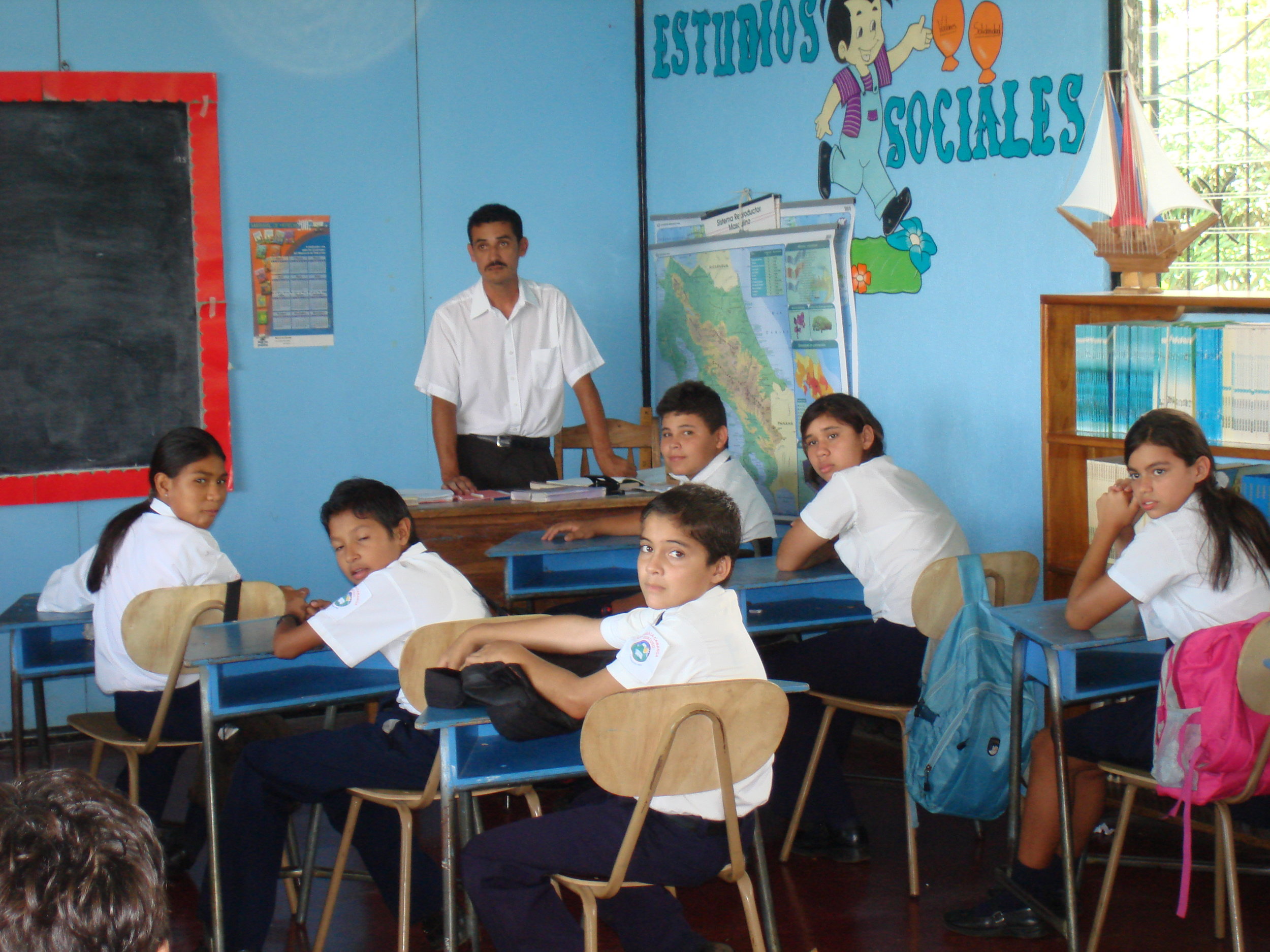
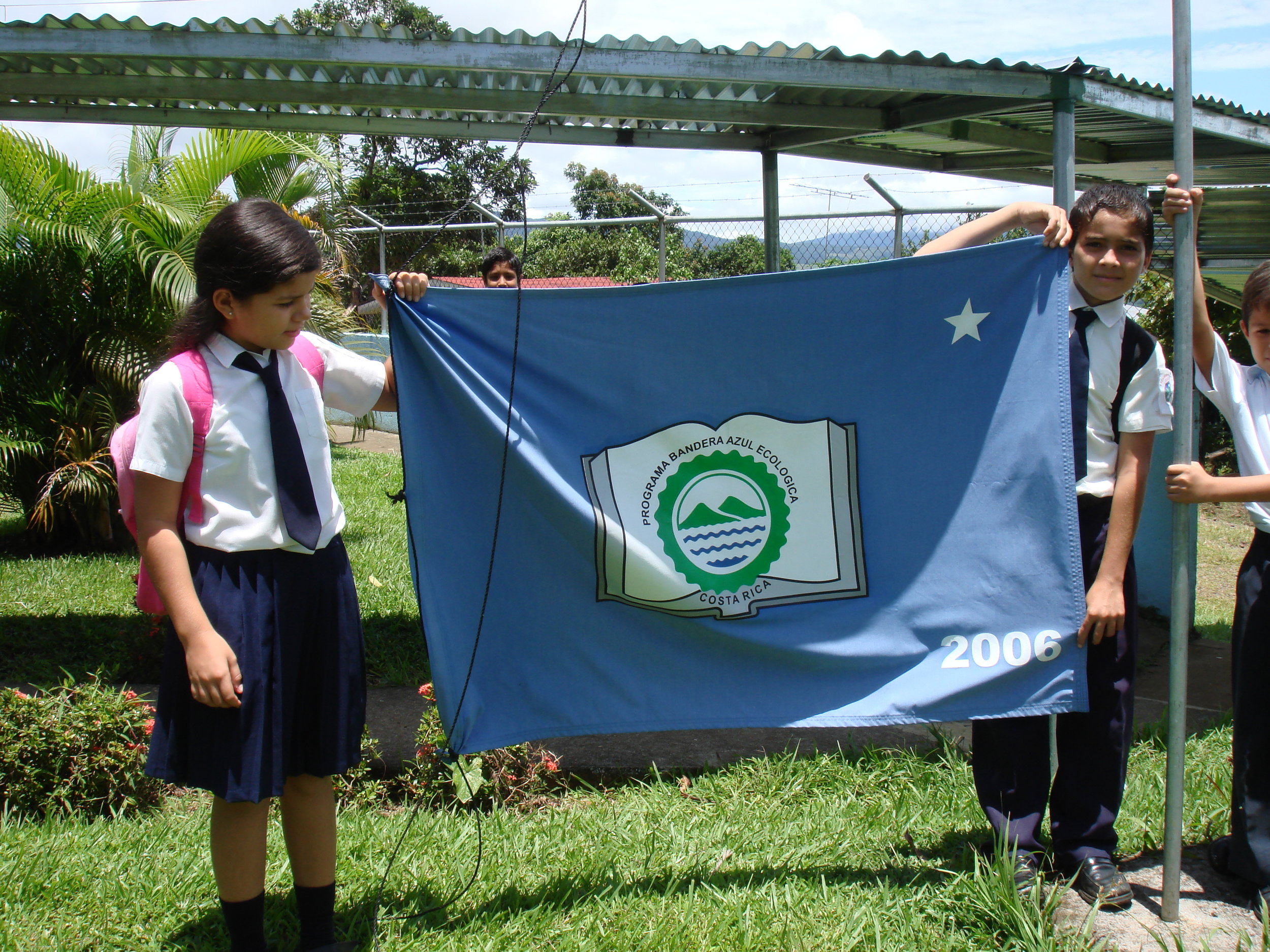
Watching the men at work planting saplings was inspiring for our son, Mahar, who is a hard worker when it comes to playing in the dirt. Outdoor work gives him a venue for abandoning his sense of self and becoming a part of nature. His fascination with the reforestation work led to our visiting the local school in Cabanga in 2007. This is a two-room school, very neat and tidy, painted in blue, tiled, with a small front garden and a big soccer field, a must for every school in Costa Rica. Costa Rica is a country that has very wisely invested heavily in education. They have no army, and this peace-loving country gives compulsory and free education to all and has free health care easily available to its people.
Mr. Alexander Arguedas Garcia, the principal of the school, is a lean and thin man with three children and lives in a town nearby, commuting daily on his two-wheeler. He is also proud to tell us that his school has been awarded an Ecological flag for the past few years because the school has been involved in ecological preservation activities in the community. “Surely, our children would love to plant trees,” he said, and one morning we saw an open pickup truck roll in to the farm and thirteen children pile out.
Watching these children plant trees with such abandon was a joy. They knew how to have fun while they were working. You could hear waves of laughter emanating from wherever there were a few of them together. The girls giggled almost nonstop, throwing dirt balls at the boys who played their magical games waving spades and sticks as wands.
While these children were having fun and appeared mostly to be playing, they managed to plop over 500 trees into the ground in just about four hours that morning, a very good record in our view. “In a few years, you will not be able to recognize this land, the trees will be this tall,” said Maria, reaching out to touch the sky with her hands.
These wonderful children are going to have sustained contact with our reforestation project as they will be invited back for more planting and to check on the growth of the saplings they planted. We are also planning on inviting indigenous elders to accompany the children on tours of the rain forest and teach them about the native tree species and medicinal plants. In these tours they will collect saplings right off the forest floor and bring them to our “Primal Nurseries” where they will be nurtured until ready for planting. They will then be planted on other sites in our project as well as donated to people who want to reforest their farms. It is hoped that through this experience the children’s love for the forest will grow and they will see the forest as their ally and friend and not as an enemy to be chopped down and conquered. Enough of that has been done already. The involvement of these children in the reforestation program will also ensure that their school would continue to fly the Ecological banner with pride.
